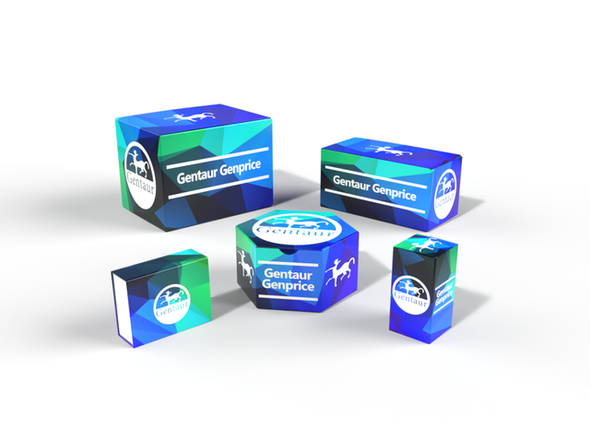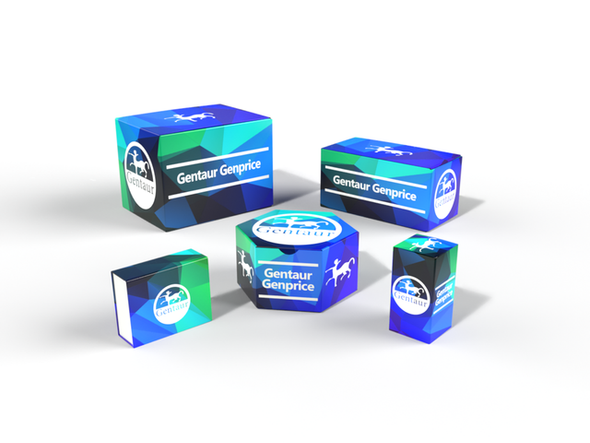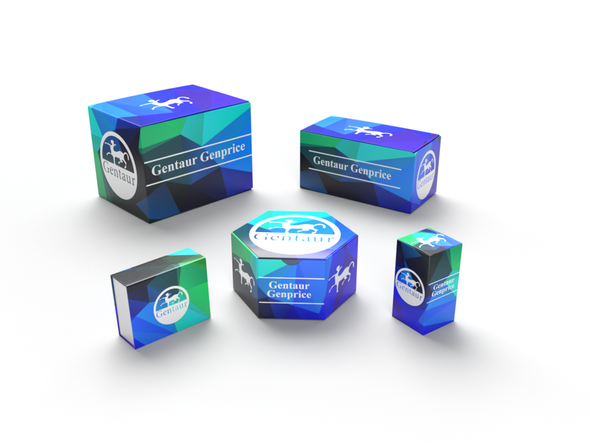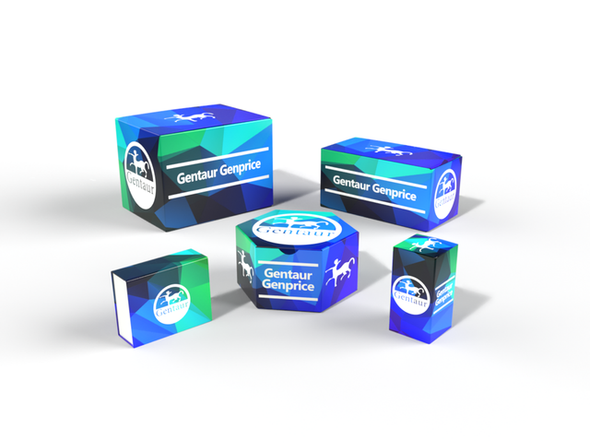740
Bovine Transmembrane 4 L6 family member 20 (TM4SF20) ELISA Kit | AE14823BO
- SKU:
- 740-AE14823BO
- Availability:
- Usually ships in 5 working days
Description
Bovine Transmembrane 4 L6 family member 20 (TM4SF20) ELISA Kit | AE14823BO | Gentaur UK, US & Europe Distribution
Species Reactivity: Bovine (Bos taurus; Cattle)
Abbreviation: TM4SF20
Alternative Name: FLJ22800; PRO994; TCCE518;
Application: ELISA
Range: Request Information
Sensitivity: Request Information
Intra-Assay: ≤6.2%
Inter-Assay: ≤10.3%
Recovery: 1, 02
Sample Type: Serum, Plasma, Other biological fluids
Detection Method: Sandwich
Analysis Method : Quantitive
Test Principale: This assay employs a two-site sandwich ELISA to quantitate TM4SF20 in samples. An antibody specific for TM4SF20 has been pre-coated onto a microplate. Standards and samples are pipetted into the wells and anyTM4SF20 present is bound by the immobilized antibody. After removing any unbound substances, a biotin-conjugated antibody specific for TM4SF20 is added to the wells. After washing, Streptavidin conjugated Horseradish Peroxidase (HRP) is added to the wells. Following a wash to remove any unbound avidin-enzyme reagent, a substrate solution is added to the wells and color develops in proportion to the amount of TM4SF20 bound in the initial step. The color development is stopped and the intensity of the color is measured.
Product Overview: TM4SF20, Belongs to the L6 tetraspanin family, Members of the L6 family of membrane proteins, a branch of the tetraspanin superfamily, are overexpressed in tumor cells from many types of cancers. However, direct evidence of their oncogenic activity has not been previously shown. this gene is expressed at low level, only 16.6% of the average gene in this release.The gene contains 4 different gt-ag introns. Transcription produces one mRNA. There are 3 validated alternative polyadenylation sites. The spliced mRNA putatively encodes a good protein, containing L6 membrane domain, some transmembrane domains, apparently vertebrate specific Proteins are expected to localize in various compartments.
Stability: The stability of ELISA kit is determined by the loss rate of activity. The loss rate of this kit is less than 5% within the expiration date under appropriate storage condition. The loss rate was determined by accelerated thermal degradation test. Keep the kit at 37°C for 4 and 7 days, and compare O.D.values of the kit kept at 37°C with that of at recommended temperature. (referring from China Biological Products Standard, which was calculated by the Arrhenius equation. For ELISA kit, 4 days storage at 37°C can be considered as 6 months at 2 - 8°C, which means 7 days at 37°C equaling 12 months at 2 - 8°C) .






